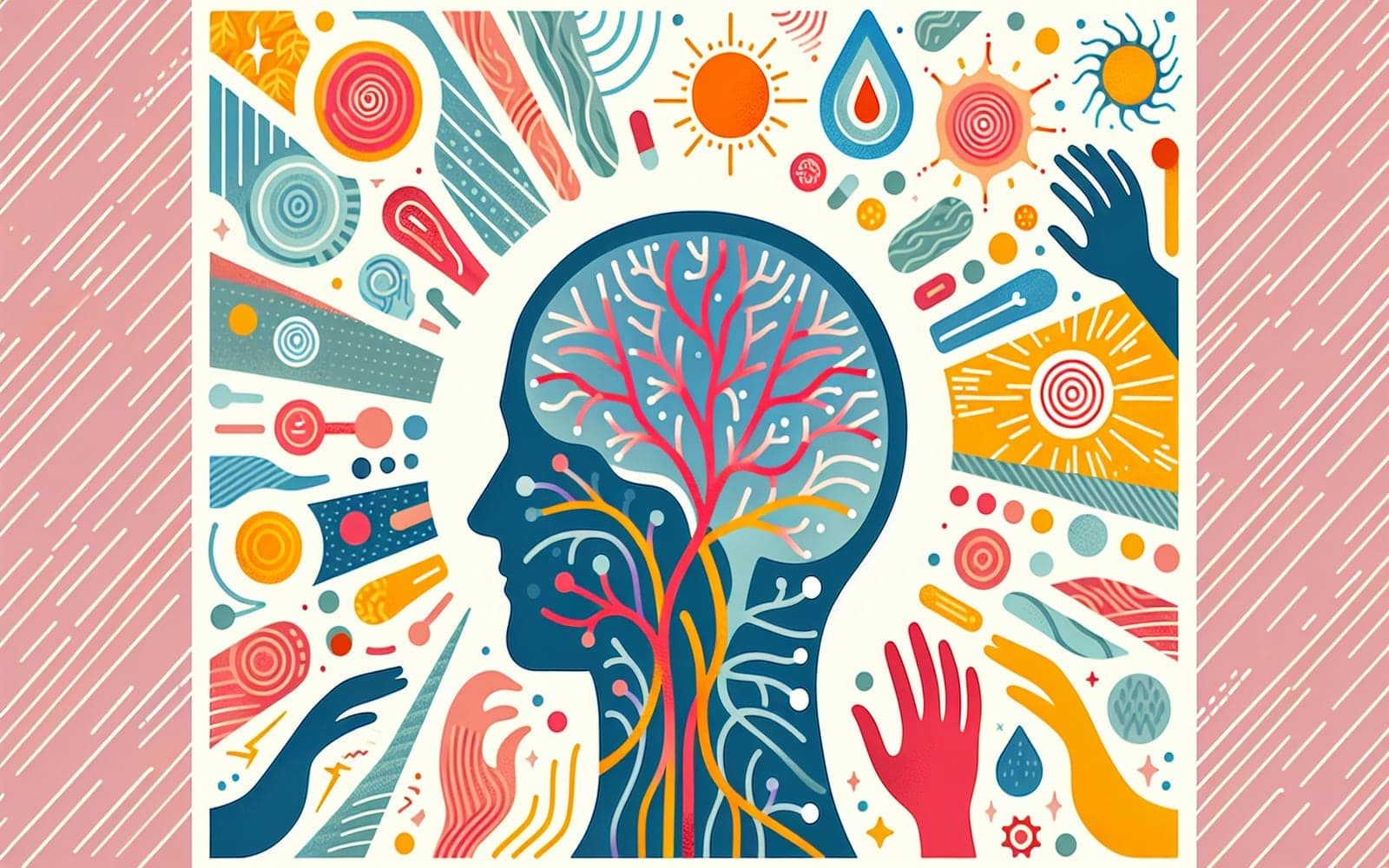What is Trigeminal Neuralgia and How Does it Affect You?
Published: Jun 17, 2024
Trigeminal Neuralgia (TN) is a condition that causes severe, sudden facial pain. Learn what causes this mysterious condition and why it matters.
Contents
The Anatomy Behind the Pain
The trigeminal nerve is responsible for sensation in your face and controls the muscles needed for chewing. It has three main branches: the ophthalmic (V1), maxillary (V2), and mandibular (V3). These branches cover areas from your forehead to your chin. When this nerve is affected, it can lead to intense bouts of pain.
Why Does Trigeminal Neuralgia Happen?
Most cases of TN are caused by compression of the trigeminal nerve root, often by a blood vessel. This compression causes nerve damage, leading to the electric shock-like pain typical of TN. Sometimes, other issues like brainstem lesions can also be the culprits.

Who is at Risk?
TN is more common in women and usually affects people over the age of 50. Factors like hypertension and migraines may increase the risk. Though rare, TN can also run in families.
Frequently Asked Questions
TN is a condition causing severe facial pain due to issues with the trigeminal nerve.
Women over 50 are more commonly affected.
Light touches, talking, or eating can trigger TN pain.
Key Takeaways
Could understanding TN's causes lead to better treatments?
Explore your symptoms with Doctronic and discuss potential causes today!Related Articles
References
Headache Classification Committee of the International Headache Society (IHS) The International Classification of Headache Disorders, 3rd edition. Cephalalgia 2018; 38:1.
Cruccu G, Di Stefano G, Truini A. Trigeminal Neuralgia. N Engl J Med 2020; 383:754.
Always discuss health information with your healthcare provider.

